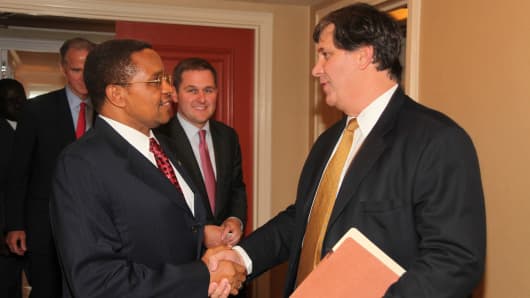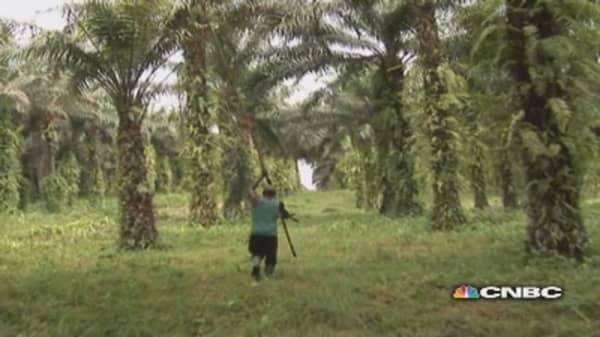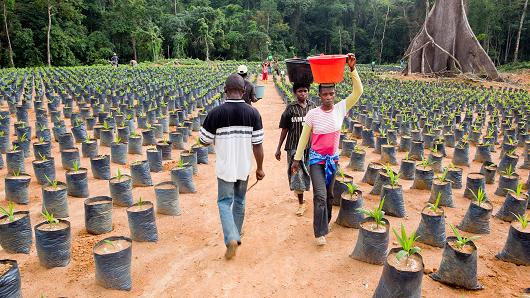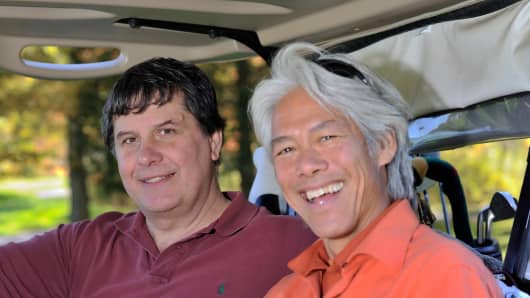Herakles wasn't Wrobel's only fight. At the same time, another African venture, a massive alumina project in Guinea, faced significant challenges that even Wrobel couldn't surmount—another stark example of the huge risks of trying to forge large projects in developing nations.
Founded in 2000, Global Alumina Products was actually Wrobel's first major project in Africa. Wrobel and his partners planned to build a $5 billion alumina production plant to harvest the West African country's vast bauxite reserves (made from bauxite, alumina is then smelted into the metal aluminum). Wrobel personally negotiated with the president at the time, Lansana Conte, persuading him to approve a socially responsible project while sitting under a centuries-old mango tree in the garden of his coup-scarred palace. By 2004, Wrobel took the company public on the Toronto Stock Exchange and spending ramped up.
But the company hit trouble in 2008 following the global financial crisis and a military coup in Guinea. Co-investor BHP Billiton cut back on its aluminum business and Global Alumina started to run out of money, according to former executive Cella. Wrobel fought hard to save the project—potentially a major economic boon for the impoverished country—and it started to turn around again in 2010 after the election of Alpha Conde as president.
Ultimately though, he lost control. Global Alumina and BHP sold their stakes to the project's two other investors, Dubai Aluminum and Mubadala in July 2013 in an effort to keep the unfinished endeavor alive after the four had already spent $800 million.
The crises at Herakles and Global Alumina took substantial effort to manage, leading Wrobel to break his agreement with Sithe to spend at least half his time focused on the company as chairman and CEO, according to people with knowledge of the situation. Blackstone and Sithe announced in July 2013 that Wrobel was retiring from the company and being replaced as CEO by Sithe co-founder Martin Rosenberg.
"It was kind of a perfect storm—a triple whammy—that three of his businesses were struggling," said Mitchell Dong, a longtime friend and sometime business partner. "A developer has big ups and downs all the time ... but he had three downs simultaneously. It weighed on him."
Dong said Wrobel grew depressed and as a result was briefly hospitalized in 2013. Dong declined to comment on what happened next, but said that "things went down from there."
The professional stress appears to have bled into Wrobel's personal finances. Wrobel sold three residential condos in Brooklyn's stylish Dumbo neighborhood between December 2012 and June 2013, according to city records. All three were in the luxury Clocktower building: Two sold for $1.36 million, a third fetched $3.05 million. Following the third and final apartment sale, Wrobel moved in with Dong in Chelsea, where he lived until his death.
The extent of Wrobel's financial problems were unclear, but the female friend who found him in the parked car last December told police of his depression and financial stress.


























